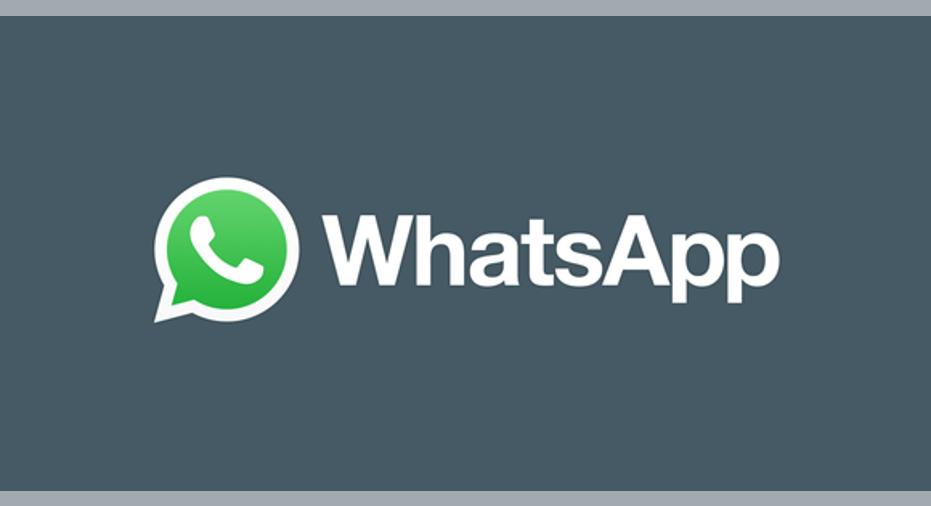Facebook's WhatsApp Now Has 1.2 Billion Users. Time to Start Monetizing?

When Facebook (NASDAQ: FB) acquired WhatsApp in 2014, CEO Mark Zuckerberg set a threshold for when the social network would begin seriously thinking about monetizing the popular messaging platform: 1 billion users. That was more than double the 450 million monthly active users (MAUs) that WhatsApp had at the time of acquisition. It's now been just over a year since WhatsApp hit the 10-digit threshold, but investors still have yet to see any semblance of financial results from the acquisition.
On the fourth-quarter earnings call earlier this month, Zuckerberg pointed out that WhatsApp now has 1.2 billion MAUs that collectively send over 50 billion messages per day. It's time to take monetization seriously.
Image source: WhatsApp.
That's what he said
Answering an analyst question, his Zuckness noted that Messenger and WhatsApp have very different value propositions in messaging. WhatsApp is more of an SMS replacement based on phone numbers, while Messenger is more about connecting with friends and family. In Zuckerberg's words, WhatsApp's "graph is based on phone numbers," while Messenger's "graph is your friends." Messenger will be more expressive and richer with varying types of content, while WhatsApp is a "more stark" experience.
Facebook has previously laid out some ideas on how to monetize WhatsApp, namely through facilitating interactions with businesses for service, support, and potentially even purchasing transactions. That's still Zuck's prevailing thinking:
Facebook has demonstrated its ability to execute once it has a plan, so it needs to start executing on monetizing WhatsApp.
But at what cost?
The costs associated with WhatsApp continue to pile up. For instance, Facebook expects full-year 2017 stock-based compensation expenses to be in the range of $3.9 billion to $4.1 billion. That will contribute to a 40% to 50% increase in total expenses. Of the stock-based comp, $1.3 billion relates to acquisitions, with CFO Dave Wehner adding, "most notably WhatsApp."
If you recall, the $22 billion deal included a significant equity component -- 178 million shares were issued, to be exact. Right after the deal closed in October 2014, Facebook also noted: "We will also grant46 millionRSUs to WhatsApp employees." As these shares and RSUs -- which are intended to retain key employees -- vest over time, the stock-based compensation expenses are recognized. While stock-based compensation is a non-cash expense, investors absolutely pay for it in terms of earnings dilution.
Not to mention the massive amount of goodwill still sitting on the balance sheet related to the acquisition, which was little changed last year. Facebook is giving itself more time to justify the high price. Per the 10-K filed earlier this month: "As ofDecember31, 2016, no impairment of goodwill has been identified."
It's time to start monetizing WhatsApp.
10 stocks we like better than FacebookWhen investing geniuses David and Tom Gardner have a stock tip, it can pay to listen. After all, the newsletter they have run for over a decade, Motley Fool Stock Advisor, has tripled the market.*
David and Tom just revealed what they believe are the 10 best stocks for investors to buy right now... and Facebook wasn't one of them! That's right -- they think these 10 stocks are even better buys.
Click here to learn about these picks!
*Stock Advisor returns as of February 6, 2017
Evan Niu, CFA owns shares of Facebook. The Motley Fool owns shares of and recommends Facebook. The Motley Fool has a disclosure policy.



















